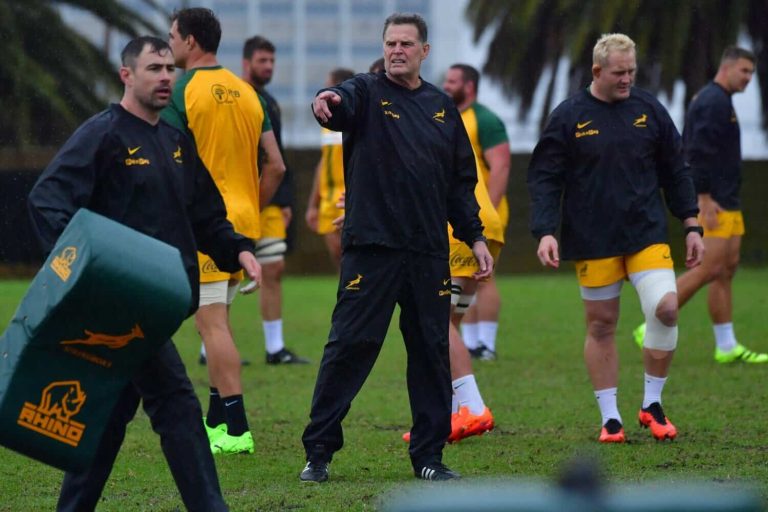
The federal government on Friday, declared that the African Customs Conference scheduled for Abuja next week will be a pivotal step towards repositioning Nigeria as a dominant continental trade hub and unlocking new economic opportunities under the African Continental Free Trade Area (AfCFTA).
Comptroller-General of Customs, Adewale Adeniyi, who made this disclosure while speaking at a press briefing at the State House, Abuja, said President Bola Tinubu’s strong backing of the initiative reflects the administration’s commitment to placing trade at the centre of economic recovery, poverty reduction and industrial growth.
According to him, the conference is expected to draw heads of Customs from more than 30 African countries, senior government officials, investors, logistics operators, airlines, shipping firms, port administrators and manufacturers.
It will focus on removing long-standing bottlenecks to cross-border trade and advancing Africa’s integration agenda.
Adeniyi disclosed that 22 countries will be represented at Director-General level, while a significant number of private-sector operators have registered, an indication of rising confidence in efforts to harmonise Customs processes across the continent.
The CG said, the opening day will be led by the private sector, allowing businesses to speak directly to policymakers and customs leaders about the real challenges they face in intra-African trade.
“Governments don’t trade; customs don’t trade. It is economic operators who move goods. Their voices must shape the reforms, whether on non-tariff barriers, procedural delays, port inefficiencies or uneven application of AfCFTA preferences,” Adeniyi explained.
He noted that intra-African trade remains one of Nigeria’s most underutilised engines of growth stressing that despite a more than 30 per cent rise in export volumes over the past two years, most of the increase is directed outside the continent.
Redirecting exports into Africa’s $3.4 trillion market, he said, will open new value chains, expand market access for small businesses, reduce logistics costs, simplify currency settlement and boost job creation.
Highlighting success stories, the Customs CG pointed to SMEs enrolled in the Authorised Economic Operator (AEO) programme, some of which now export leather goods, handicrafts, processed foods and hibiscus flowers to Southern Africa.
His words, “These companies are proving that our SMEs can compete. Many of the export gains you see today are driven by these small players tapping into African markets.”
He also linked Nigeria’s AfCFTA preparedness to the Tinubu administration’s broader reforms, port decongestion, Customs modernisation, expanded port infrastructure and the rollout of a national single window, describing these as crucial to Nigeria’s competitiveness under the continental agreement.
Adeniyi noted that Nigeria’s hosting of the next Intra-African Trade Fair, along with Tinubu’s recognition as Champion of Intra-African Trade in Services, has further positioned the country to lead Africa’s evolving trade landscape.
While acknowledging concerns over potential revenue losses from tariff liberalisation, he insisted that the long-term economic gains far outweigh short-term pressures.
“You cannot eat your cake and have it. Yes, we collect revenue, but trade brings far greater prosperity.”
Adeniyi further outlined the outcomes Nigeria aims to drive: A unified Customs position on AfCFTA implementation, Clear solutions to non-tariff barriers affecting free movement of goods, A single platform for customs administrations, financiers, policymakers and economic operators to harmonise expectations, Stronger partnerships with Afreximbank, the AfCFTA Secretariat and private-sector institutions, and Practical trade facilitation reforms, not just commitments on paper.
He stressed that even advanced African economies like South Africa, Egypt, Tunisia and Algeria face similar integration challenges, making collaboration essential.
Adeniyi said the engagement goes beyond his KPIs as Comptroller-General; it is part of a national effort to reposition Nigeria’s trade environment.
“This conference is about Nigeria signalling its readiness for Africa. With your support, Nigerians will better appreciate the enormous opportunities that AfCFTA holds for our economic renewal,” he further stated.
Deji Elumoye



